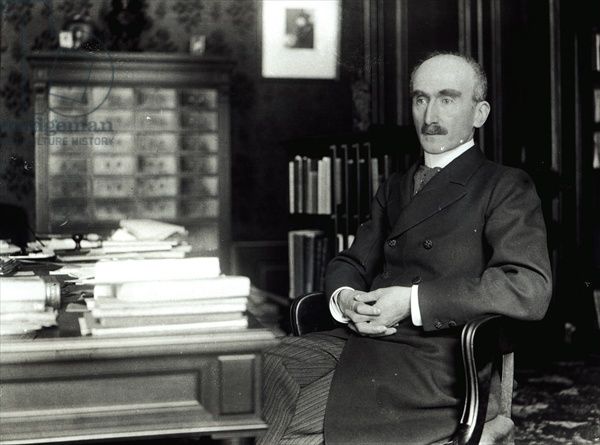Unlike the hidden character of what lies beyond the horizon (the future), and unlike the unseen nature of that which resides under the ground (the past), the air is invisible in principle. That which today lies beyond the horizon can at least partly be disclosed by journeying into that future, as that which waits under the ground can be somewhat unearthed by excavations into the past. But the air can never be opened for our eyes, never made manifest. Itself invisible, it is the medium through which we see all else in the present terrain.
And this unseen enigma is the very mystery that enables life to live. It unites our breathing bodies not only with the under-the-ground (with the rich microbial life of the soil, with fossil and mineral deposits deep in the bedrock), and not only with the beyond-the-horizon (with distant forests and oceans), but also with the interior life of all that we perceive in the open field of the living present-the grasses and the aspen leaves, the ravens, the buzzing insects and the drifting clouds. What the plants are quietly breathing out, we animals are breathing in; what we breathe out, the plants are breathing in. The air, we might say, is the soul of the visible landscape, the secret realm from whence all beings draw their nourishment. As the very mystery of the living present, it is that most intimate absence from whence the present presences, and thus a key to the forgotten presence of the earth.
***
The Navajo identification of awareness with the air – their intuition that the psyche is not an immaterial power that resides inside us, but is rather the invisible yet thoroughly palpable medium in which we (along with the trees, the squirrels, and the clouds) are immersed-must seem at first bizarre, even outrageous, to persons of European ancestry. Yet a few moments’ etymological research will reveal that this identification is not nearly so alien to European civilization as one might assume. Indeed, our English term “psyche”-together with all its modern offspring like “psychology,” “psychiatry,” and “psychotherapy”-is derived from the ancient Greek word psychê, which signified not merely the “soul,” or the “mind,” but also a “breath,” or a “gust of wind.” The Greek noun was itself derived from the verb psychein, which meant “to breathe,” or “to blow.” Meanwhile, another ancient Greek word for “air, wind, and breath”-the term pneuma, from which we derive such terms as “pneumatic” and “pneumonia”-also and at the same time signified that vital principle which in English we call “spirit.”
Of course, the word “spirit” itself, despite all of its incorporeal and non-sensuous connotations, is directly related to the very bodily term “respiration” through their common root in the Latin word spiritus, which signified both “breath” and “wind.” Similarly, the Latin word for “soul,” anima-from whence have evolved such English terms as “animal,” “animation,” “animism,” and “unanimous” (being of one mind , or one soul), also signified “air” and “breath.”
Moreover, these were not separate meanings; it is clear that anima, like psyche, originally named an elemental phenomenon that somehow comprised both what we now call “the air” and what we now term “the soul.” The more specific Latin word animus, which signified “that which thinks in us,” was derived from the same airy root, anima, itself derived from the older Greek term anemos, meaning “wind.”
We find an identical association of the “mind” with the “wind” and the “breath” in innumerable ancient languages. Even such an objective, scientifically respectable word as “atmosphere” displays its ancestral ties to the Sanskrit word atman, which signified “soul” as well as the “air” and the “breath.” Thus, a great many terms that now refer to the air as a purely passive and insensate medium are clearly derived from words that once identified the air with life and awareness! And words that now seem to designate a strictly immaterial mind, or spirit, are derived from terms that once named the breath as the very substance of that mystery.
It is difficult to avoid the conclusion that, for ancient Mediterranean cultures no less than for the Lakota and the Navajo, the air was once a singularly sacred presence. As the experiential source of both psyche and spirit, it would seem that the air was once felt to be the very matter of awareness, the subtle body of the mind. And hence that awareness, far from being experienced as a quality that distinguishes humans from the rest of nature, was originally felt as that which invisibly joined human beings to the other animals and to the plants, to the forests and to the mountains. For it was the unseen but common medium of their existence.
But how, then, did the air come to lose its psychological quality ?
David Abram, The Spell of the Sensuous: Perception and Language in a More-Than-Human World





